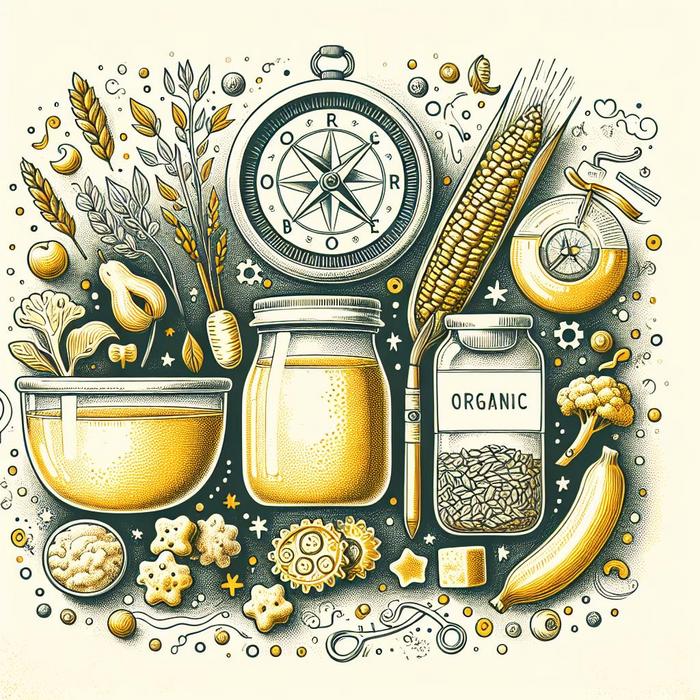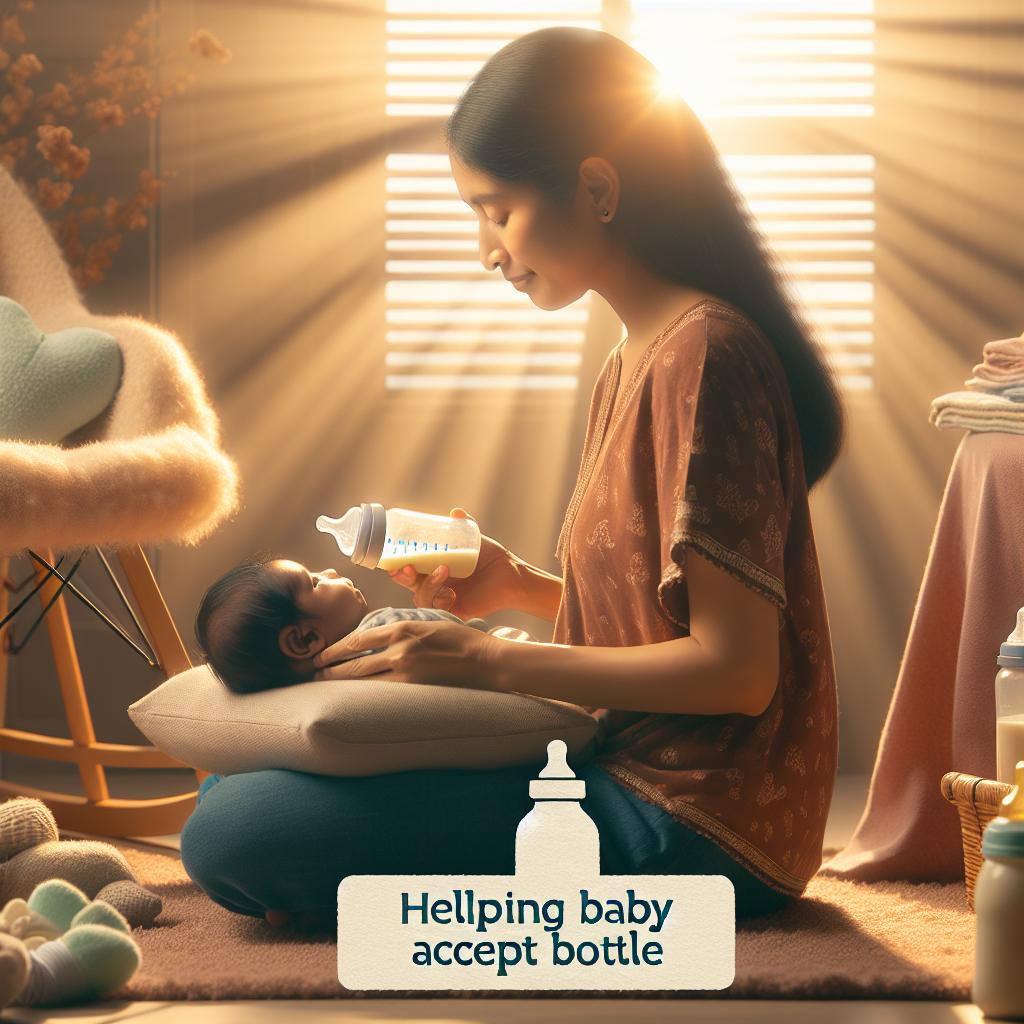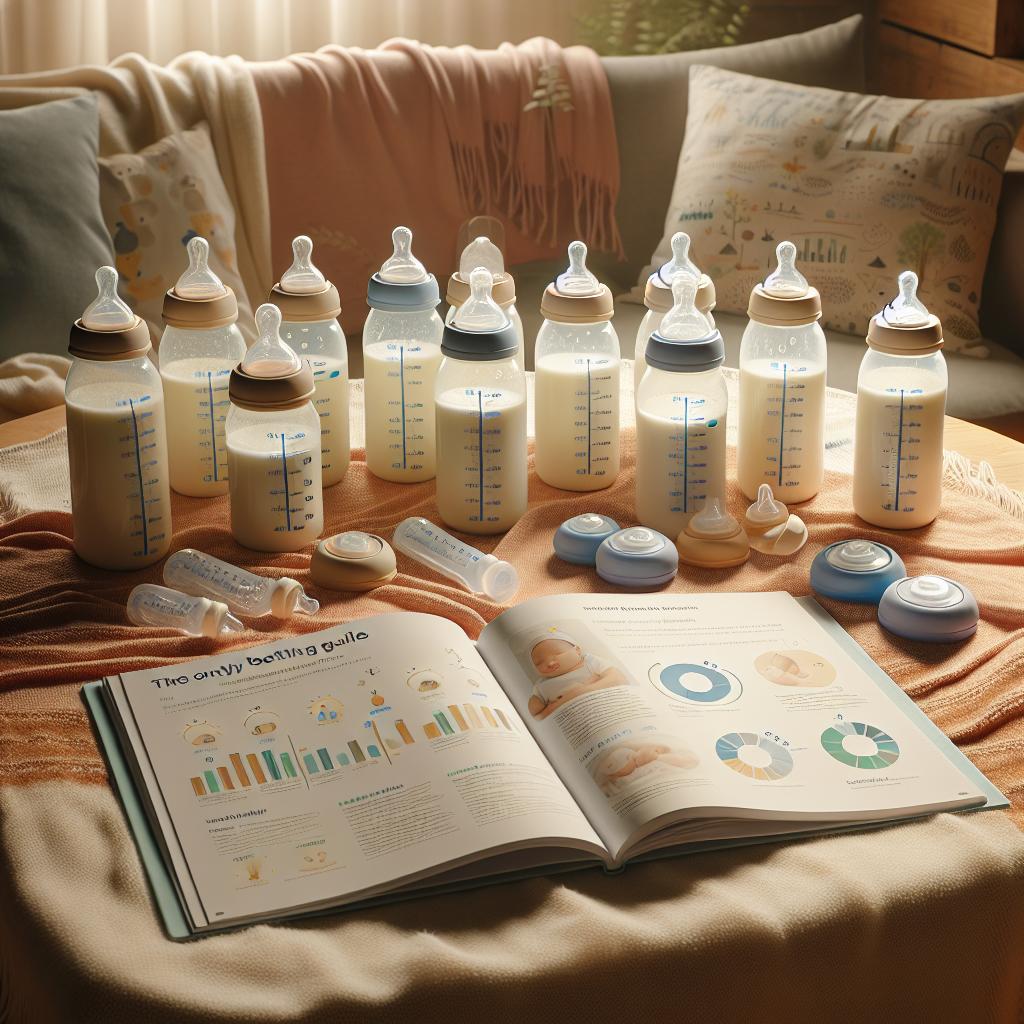Understanding the Growing Trend of Organic Baby Food
In recent years, the demand for organic baby food has seen significant growth. Parents across the globe are becoming more conscious about what they feed their little ones, and as a result, they’re turning towards healthier, more natural options. This shift towards organic baby foods indicates a move away from conventional feeding methods and towards nourishment replete with wholesome ingredients.
What Makes Organic Baby Food a Popular Choice?
Quality nutrition during the early years of life is crucial for healthy growth and development. Organic baby food promises just that – natural, nutrient-rich food that is free from harmful pesticides, artificial colors, and preservatives. Here are a few reasons why organic food is an excellent choice for your baby’s health:
- Pesticide-Free: Conventional farming methods often involve the use of harmful pesticides that can linger on produce. Organic foods, on the other hand, are grown without these chemicals, resulting in healthier meals for your baby.
- No Artificial Additives: Organic foods do not contain any artificial flavors, colors, or preservatives, which can potentially be harmful to your baby’s health.
- Rich in Nutrients: Some research suggests that organic foods may contain higher levels of certain nutrients compared to conventionally grown variants.
- Better Taste: Many parents and experts believe that organic baby food tastes better than non-organic versions, making mealtimes more enjoyable for little ones.
Choosing the Right Organic Baby Food for Your Little One
With numerous brands offering a variety of organic baby food options, choosing the right one can feel overwhelming. It’s crucial to choose a brand that is certified organic and provides clear information about the ingredients used. Join parent communities on platforms like Reddit to get recommendations and hear about others’ experiences with different brands.
The Transition from Bottle to Solid Foods
Introducing solid foods is a significant milestone in your baby’s growth journey. While breast milk or formula is the primary source of nutrition for the first year, introducing solid foods around six months of age is recommended. Begin with pureed foods and gradually move on to more textured meals as your baby gets older and more comfortable with eating solids.
Parenting is indeed a delightful yet challenging journey. With the right approach towards nurturing, you can lay the foundation for a healthy life for your little one. Making small changes, like introducing organic baby food, can have a lasting impact on their health. Now, isn’t that a journey worth undertaking? Set forth on this incredible journey filled with the wonder of watching your tiny tot grow, thrive, and blossom!
The Popularity of Organic Baby Formula
In addition to organic baby food, there’s also a growing interest in organic baby formula. This is due to a recurring worry among parents regarding the possible presence of harmful ingredients in conventional infant formulas.
Organic baby formula is made from milk produced by cows that are given only organic feed and are not treated with synthetic hormones or antibiotics. This commitment to natural inputs extends to all other ingredients used, like organic non-GMO vegetable oils and organic lactose.
Potential Concerns with Non-Organic Baby Food
There are some potential concerns when it comes to feeding your baby non-organic food. A major one is the potential for exposure to harmful heavy metals. According to a report by Consumer Reports, some foods can contain concerning levels of heavy metals like lead, cadmium, and inorganic arsenic.
- Lead: Even in small amounts, lead can lead to behavioral issues and learning problems. It’s also harmful to the nervous system.
- Cadmium: Long-term exposure to cadmium can cause kidney disease and is associated with an increased risk of bone damage and cancer.
- Inorganic Arsenic: Inorganic arsenic can lead to a decrease in intellectual function, an increased risk of various health problems, and is a known carcinogen.
Tackling the Cost Factor in Organic Baby Food
A significant factor that might deter some parents from choosing organic baby foods is the cost. They are often more expensive than their non-organic counterparts are. However, you can remedy this issue by looking for affordable organic brands, using coupons, buying in bulk, or even making your own baby food.
Making your own organic baby food can be a cost-effective and nutritious alternative. It allows you to have complete control over what goes in your baby’s food.
A Healthier Future for Your Little One
Choosing organic baby food and formula provides a great start to your baby’s health and development. By being mindful about what you are feeding your baby, you can ensure they are consuming safe, nutritious, and naturally-derived meals. While the organic route might seem a tad more expensive, the numerous health benefits it offers to your child are indeed priceless.
In addition to feeding healthy, it’s also vital to adopt a balanced approach, focusing on all aspects of your baby’s growth, physical as well as emotional. Regular doctor visits, vaccinations, interactive play, and lots of love and care are just as necessary.
The road to raising a healthy child is joy-filled, albeit filled with endless decisions. As parents, embracing an organic lifestyle for your little one is undeniably one of the best choices you could make. So, venture forth, and nurture your little one with the bounty that nature has to offer!







